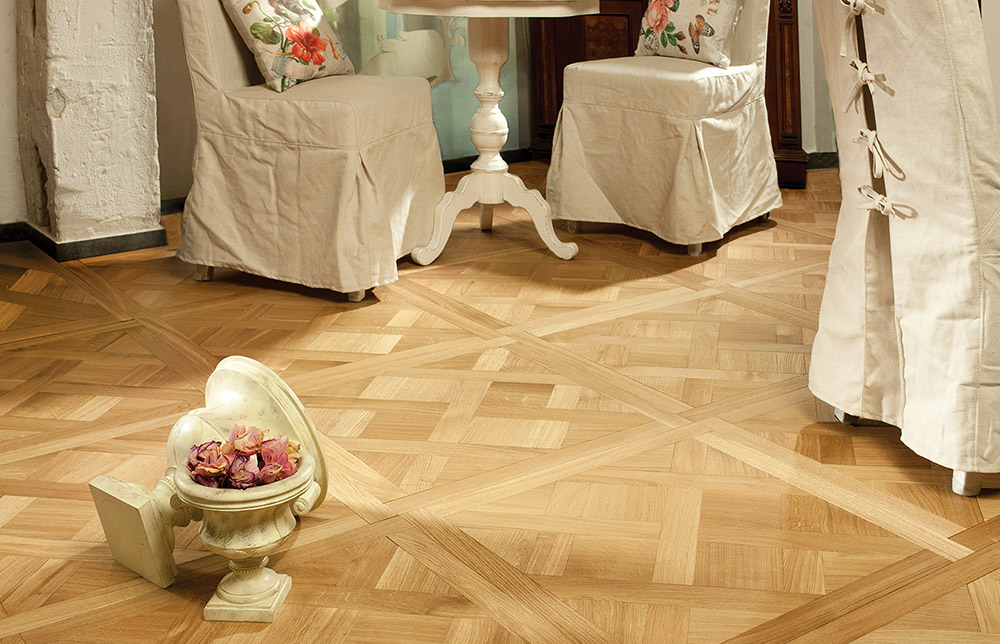Welcome to CondoCosmetics INC.
Welcome to CondoCosmetics INC.
Hardwood engineered flooring: the truth and the myths

Hardwood engineered flooring is becoming more popular as a less expensive alternative to real hardwood flooring. On the other hand, Engineered hardwood refers to a board with a veneer of genuine hardwood on the top layer and the rest composed of composite wood. On the other hand, Engineered hardwood provides a hardwood appearance at a lower cost and can even be used in basements, where solid hardwood would be inappropriate.
As expected, there are numerous misconceptions about Hardwood engineered flooring, including the belief that it is artificial and flimsy and the comparison of it to laminate flooring. Engineered hardwood is being tarnished by several beliefs that are unfounded.
Even though there are some tiny variances in the appearance of the two floors, the differences are insignificant and largely inconsequential. Engineered hardwood’s technology has improved where many people cannot tell the difference between it and the genuine article.
Despite popular belief, Hardwood engineered flooring is incredibly long-lasting and sturdy. For the most part, manufacturers are confident enough in the overall endurance of their products to provide warranties of 30 years or more!
The vast majority of engineered hardwood floors may be refinished numerous times with little to no loss of quality or aesthetic appeal. If you sand too much, you risk removing the entire layer of hardwood from the floor; therefore, it’s crucial to know how often you may refinish the veneer.
Installing engineered hardwood is a cinch because of its pre-finished and interlocking architecture. Hours of fitting, sanding, and staining will be a thing of the past with this new technique.
Because only a portion of the boards is constructed from hardwood, engineered hardwood is significantly less expensive than its solid hardwood counterparts. For the same price as solid wood, you can choose from an array of more eye-catching and sumptuous species, while with solid wood, you may have to settle for something less desirable. By doing so, you not only save money but also broaden your alternatives!
Between 20 and 30 years, engineered hardwood can be expected to hold up. Scratches are possible due to the top layer of hardwood, which is similar to solid hardwood.
To ensure scratch resistance, search for engineered hardwood floors with a scratch-resistant top finish. Engineered hardwood scratches can be repaired with a wax repair kit or rubbing alcohol and a cotton cloth.
actually Engineered hardwood is not the same at all as laminate flooring, despite their resemblance in appearance.
In comparison to laminate, engineered hardwood has a solid wood top layer. In contrast, laminate has a photographic layer covered in a wear layer that gives the appearance of a wood surface. In addition, engineered hardwood is typically thicker than laminate flooring, which is why laminate is more popular.
Engineered hardwood can be installed below grade, even though pure hardwood cannot. As a result, an engineered hardwood floor can be installed in places where you wouldn’t ordinarily be able to see the material. Basements, kitchens, and concrete subfloors can all benefit from this flooring. Please contact us so that we may provide you with additional information about engineered hardwood if these facts and debunked myths have whetted your appetite.
If one expects considerable fluctuations in relative humidity, Hardwood engineered flooring is a better option than solid hardwood flooring due to the cross-lamination factor. Solid hardwood can expand and contract more in the winter than in the summer because of its broader width.